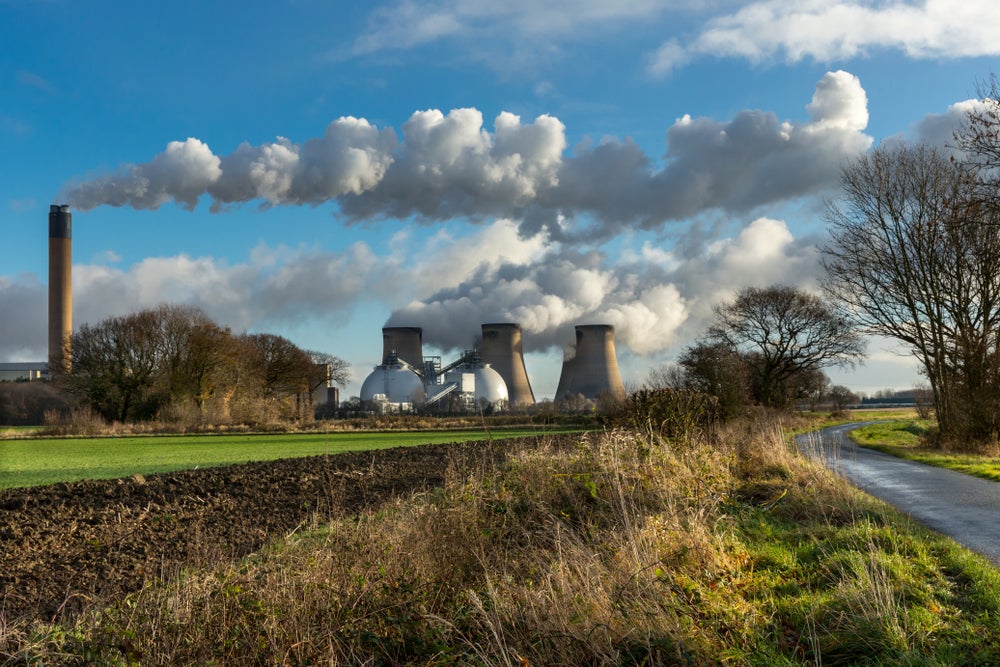
The British Government gave approval on Tuesday for energy company Drax to develop carbon capture technology at its biomass power plant in North Yorkshire, UK.
The UK’s Secretary of State for Energy Security and Net Zero, Claire Coutinho, gave her approval to Drax’s planning application for the project, which could cost billpayers up to £43bn, according to climate think tank Ember.
Under current plans, Drax will fit two of its four biomass units with carbon capture technology, which would see them converted to bioenergy with carbon capture and storage (BECCS) stations.
Drax has estimated that the BECCS conversion could save the UK £15bn in whole economy costs between 2030 and 2050.
Drax CEO Will Gardiner said: “We look forward to working with our supply chain and other partners over the coming years on the project which, when fully operational, will deliver secure renewable power and approximately eight million tonnes of carbon dioxide removals per year.
“We welcome the ongoing development of policy support for BECCS and the anticipated launch of a consultation on a bridging mechanism for biomass generators to take them from the end of current renewable schemes through to BECCS operations,” he added.
Drax faced several scandals relating to huge government incentives and questionable environmental credentials last year, which it refutes.
In August, the UK’s Liberal Democrat leader, Ed Davey, accused the company of costing consumers more than £600m after it abandoned plans to run its Unit 1 biomass plant. A report published in the same month found that Drax has received £1.4bn in green-energy subsidies from billpayers money since 2016, payments that sit well above the market rate for electricity. The government is also set to extend a subsidy scheme that paid the company £600m last year alone.
The company’s green credentials have also been called into question repeatedly by climate campaigners and investigative bodies. The ‘biomass’ it burns comes from pellets made from wood. In June last year, UK energy regulator Ofgem launched a formal investigation into Drax’s sustainability credentials after it was found that 80% of the wood used in its pellets is imported from North America, with old, slow-growing trees that campaigners say act as important natural carbon sinks potentially being felled to burn for energy.
A documentary by BBC investigative programme Panorama, aired in October 2022, also accused Drax of greenwashing and serious environmental harm.
Drax argues that burning biomass is carbon neutral because regrowing trees absorbs similar amounts of carbon dioxide as burning the wood in a power plant. It said in a statement published in May that it is “confident in the compliance of its biomass with the Renewables Obligation criteria”.
Because the company already considers its power plant carbon neutral, despite ongoing scepticism over whether wood should be considered a renewable fuel at all, Drax says fitting carbon capture technology to its biomass units would make its power station carbon negative.
A government spokesperson told the Guardian that Ember’s $43bn estimates were “entirely speculative” as no decisions about the plant’s carbon capture technology, or additional subsidy, had yet been made.
“Any potential support awarded to Drax would be subject to a value for money and affordability assessment and subsidy control considerations – ensuring that any tax- and bill-payer money is spent wisely,” the spokesperson said.



